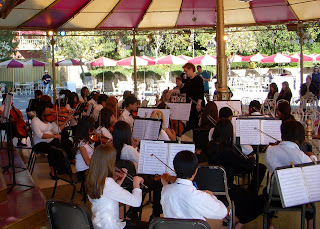
According to William Wiessmann, “It's important to spend a lot of time thinking, to try to find connections and patterns. I believe that there are surprises around the corner.”
Another insight he shares in his essay, I Believe; Accomplishing Big Things In Small Pieces, “I discovered that just before it's solved, a problem can look like a mess, and then suddenly you can find the solution. I believe that progress comes in unexpected leaps.”
What I find remarkable is that William is dyslexic. From his perspective, learning to read was the equivaliant to a “normal person” solving the Rubik’s Cube. AND, he’s solved that now too!
Thank you WW for the inspiration!!
To hear or read William Weissmann’s essay, following this link to NPR’s site http://www.npr.org/templates/story/story.php?storyId=94566019





